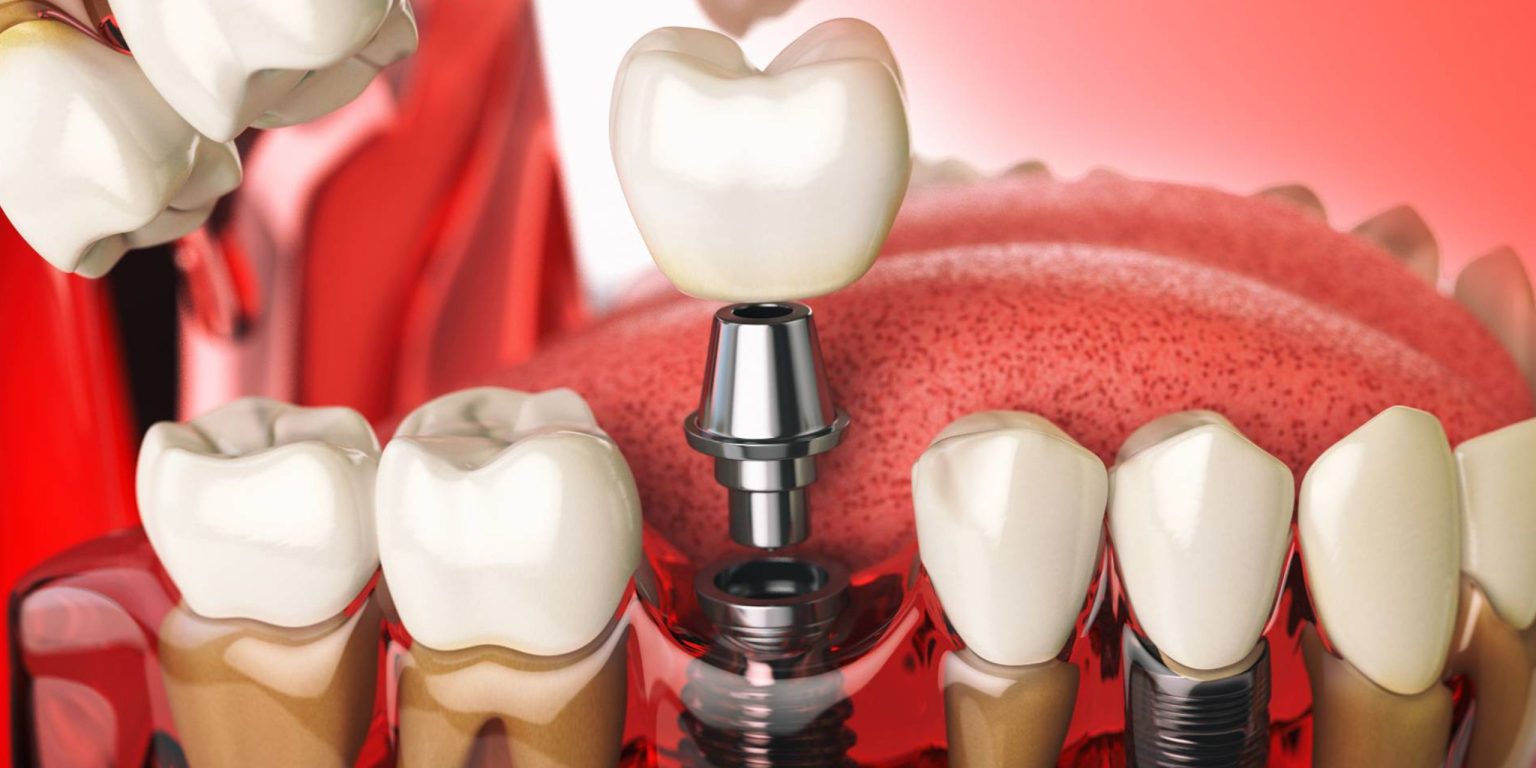
Finding the right denture clinic in Richmond Hill can make a world of difference in your oral health and overall quality of life. Whether you need full dentures, partial dentures, denture implants, denture adjustments, or anti-snoring devices, professional help ensures you get the best fit and functionality. Here’s a comprehensive guide to understanding your options and why seeking professional assistance is crucial.
Understanding Full Dentures
What Are Full Dentures?
Full dentures, also known as complete dentures, are removable prosthetics that replace all the teeth in either the upper or lower jaw. These dentures are designed to restore function and aesthetics for those who have lost all their natural teeth.
Key Benefits:
- Improved Appearance: Full dentures provide a natural-looking smile.
- Enhanced Chewing Ability: They restore your ability to eat a wide variety of foods.
- Speech Improvement: Properly fitted dentures help improve speech that might have been affected by tooth loss.
The Process of Getting Full Dentures
Getting full dentures typically involves several steps and professional guidance to ensure a perfect fit and comfort.
Steps Include:
- Initial Consultation: Discussing your needs and expectations with a denturist.
- Impressions and Measurements: Taking precise impressions of your gums.
- Fitting and Adjustments: Trying on a preliminary set of dentures and making necessary adjustments.
Partial Dentures Explained
What Are Partial Dentures?
Partial dentures are designed to replace one or more missing teeth. Unlike full dentures, partials are anchored to your remaining natural teeth, providing stability and functionality.
Key Benefits:
- Maintaining Natural Teeth: Partials prevent the remaining natural teeth from shifting.
- Cost-Effective: They are generally less expensive than full dentures.
- Aesthetic and Functional: They restore the appearance of your smile and the ability to chew properly.
Choosing the Right Partial Dentures
Consulting with a professional is essential when choosing partial dentures. They can recommend the best materials and design based on your specific needs.
Considerations:
- Material Options: Choices include acrylic, metal, or flexible materials.
- Attachment Methods: Options include clasps or precision attachments.
- Custom Fit: Ensuring a comfortable and secure fit through professional adjustments.
The Role of Denture Implants

What Are Denture Implants?
Denture implants, or implant-supported dentures, combine dentures with dental implants to provide a more stable and secure fit. These implants act as anchors in the jawbone, offering improved support.
Key Benefits:
- Enhanced Stability: Implants prevent dentures from slipping or shifting.
- Natural Feel: They provide a more natural feel compared to traditional dentures.
- Bone Health: Implants help maintain jawbone density, preventing bone loss.
The Implant Procedure
The process of getting denture implants involves multiple steps and requires professional expertise to ensure success.
Steps Include:
- Consultation and Planning: Assessing your suitability for implants and planning the procedure.
- Implant Placement: Surgically placing the implants into the jawbone.
- Healing and Osseointegration: Allowing time for the implants to integrate with the bone.
- Denture Attachment: Securing the dentures onto the implants for a perfect fit.
Importance of Denture Adjustments
Why Are Adjustments Necessary?
Denture adjustments are crucial for maintaining comfort and functionality. Over time, changes in the mouth can affect how dentures fit, necessitating professional adjustments.
Common Adjustments:
- Relining: Adding material to the inner surface of the dentures for a better fit.
- Rebasing: Replacing the entire base of the dentures while keeping the existing teeth.
- Minor Adjustments: Trimming or reshaping parts of the dentures to eliminate discomfort.
Signs You Need an Adjustment
Recognizing when your dentures need adjustments can prevent discomfort and potential damage.
Signs Include:
- Discomfort or Pain: Persistent discomfort indicates a need for adjustment.
- Difficulty Chewing: If chewing becomes challenging, your dentures may need a tweak.
- Looseness or Slipping: Loose dentures require immediate professional attention.
Exploring Anti-Snoring Devices
How Do Anti-Snoring Devices Work?
Anti-snoring devices, available at denture clinics, help reduce or eliminate snoring by adjusting the position of the jaw and tongue.
Types of Devices:
- Mandibular Advancement Devices (MADs): These devices push the lower jaw forward to keep the airway open.
- Tongue Stabilizing Devices (TSDs): These hold the tongue in place to prevent airway obstruction.
Benefits of Professional Assistance
Using professional services ensures that anti-snoring devices are custom-fitted for maximum effectiveness and comfort.
Benefits Include:
- Custom Fit: Personalized devices ensure better comfort and effectiveness.
- Professional Guidance: Experts can recommend the most suitable device based on your specific needs.
- Ongoing Support: Regular follow-ups and adjustments ensure the device continues to work effectively.
Ensuring a Confident Smile and Peaceful Sleep
Choosing the right denture clinic in Richmond Hill provides access to a range of services that can improve your oral health and quality of life. From full and partial dentures to denture implants and anti-snoring devices, professional assistance ensures you receive the best care and results. Embrace the expertise available to maintain a confident smile and a peaceful sleep.
